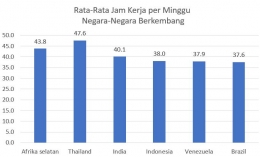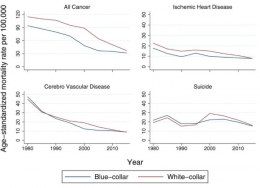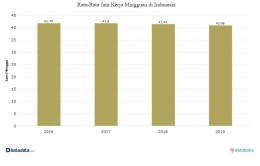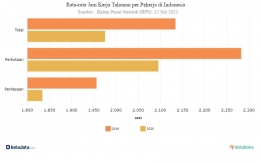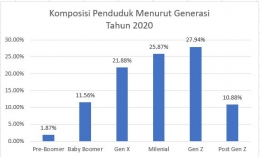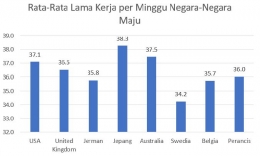“Badan Pusat Statistik.” n.d. Accessed July 9, 2021. https://www.bps.go.id/publication/2021/01/21/213995c881428fef20a18226/potret-sensus-penduduk-2020-menuju-satu-data-kependudukan-indonesia.html.
Berkup,Sezin Baysal. 2014. “Working With Generations X And Y In Generation Z Period: Management Of Different Generations In Business Life | Mediterranean Journal of Social Sciences.” Gediz University, İzmir, Turkey 5 (August). http://www.richtmann.org/journal/index.php/mjss/article/view/4247.
Bhat, Mohd. 2012. “Occupational Stress Among Bank Employees: An Empirical Study.” International Journal of Scientific Research 2 (June): 169–70. https://doi.org/10.15373/22778179/JAN2013/57.
BPS. 2021. “Potret Sensus Penduduk 2020 Menuju Satu Data Kependudukan Indonesia.” 04100.2101. Jakarta: Badan Pusat Statistika. https://www.bps.go.id/publication/2021/01/21/213995c881428fef20a18226/potret-sensus-penduduk-2020-menuju-satu-data-kependudukan-indonesia.html.
Clark, Malissa A., Jesse S. Michel, Ludmila Zhdanova, Shuang Y. Pui, and Boris B. Baltes. 2016. “All Work and No Play? A Meta-Analytic Examination of the Correlates and Outcomes of Workaholism.” Journal of Management 42 (7): 1836–73. https://doi.org/10.1177/0149206314522301.
Dhungel, Bibha, Tomoe Murakami, Koji Wada, and Stuart Gilmour. 2021. “Mortality Risks among Blue- and White-Collar Workers: A Time Series Study among Japanese Men Aged 25-64 Years from 1980 to 2015.” Journal of Occupational Health 63 (1): e12215. https://doi.org/10.1002/1348-9585.12215.
Frian, Antonio, and Fransiska Mulyani. 2018. “MILLENIALS EMPLOYEE TURNOVER INTENTION IN INDONESIA.” Innovative Issues and Approaches in Social Sciences 11 (September). https://doi.org/10.12959/issn.1855-0541.IIASS-2018-no3-art5.
Harpaz, Itzhak, and Raphael Snir. 2003. “Workaholism: Its Definition and Nature.” Human Relations 56 (3): 291–319. https://doi.org/10.1177/0018726703056003613.
Hoshuyama, Tsutomu. 2003. “[Overwork and its health effects--current status and future approach regarding Karoshi].” Sangyo eiseigaku zasshi = Journal of occupational health 45 (5): 187–93. https://doi.org/10.1539/sangyoeisei.45.187.
Iwasaki, Kenji, Masaya Takahashi, and Akinori Nakata. 2006. “Health Problems Due to Long Working Hours in Japan: Working Hours, Workers’ Compensation (Karoshi), and Preventive Measures.” Industrial Health 44 (4): 537–40. https://doi.org/10.2486/indhealth.44.537.
Kanai, Atsuko. 2008. “‘Karoshi (Work to Death)’ in Japan.” Journal of Business Ethics 84 (2): 209. https://doi.org/10.1007/s10551-008-9701-8.






